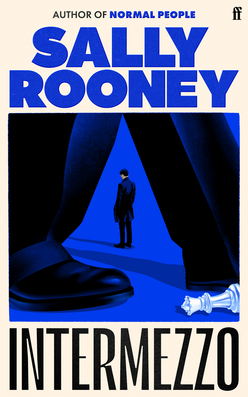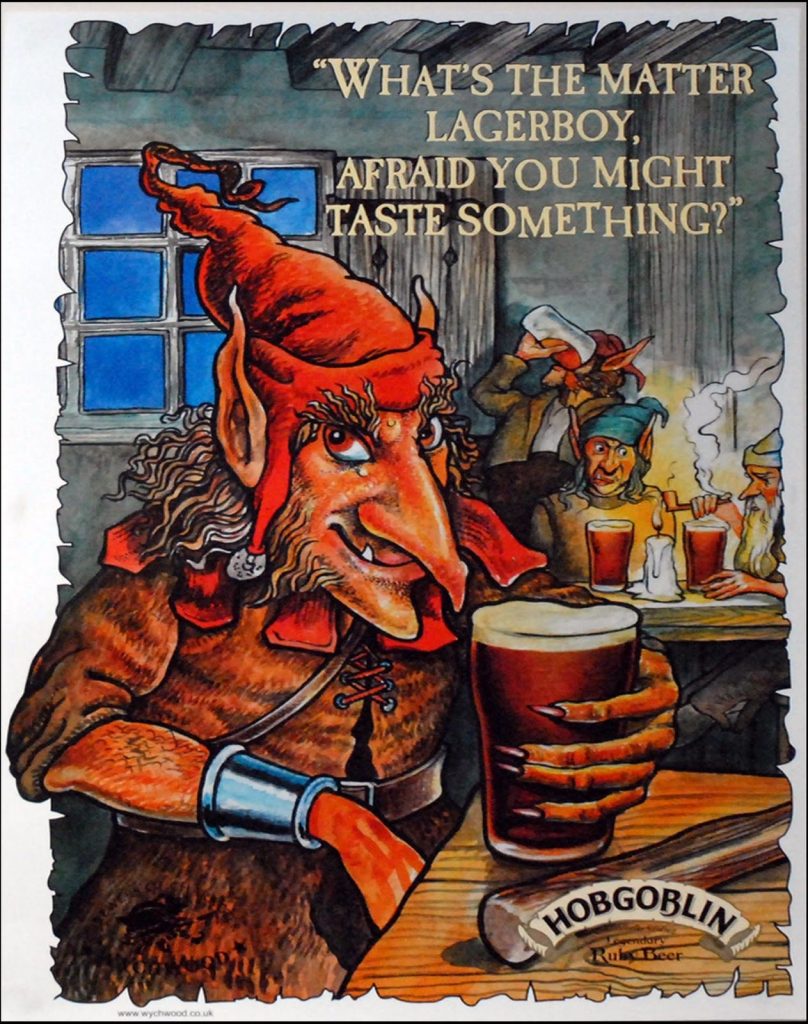This word, used in a political sense, grates on my nerves in the same kind of way as the word ‘problematic.’ They are both smug words. If someone calls themself a progressive, they are implying that they’re on the ‘right side of history,’ that they can see how things not only ought to be, but how they ultimately will be. And they are implying that people who see things differently, if not actually in bad faith, must be ignorant, or deceived – and certainly can’t possibly be seeing something real that that the ‘progressive’ has failed to take into account.
This seems to me not only rather arrogant but extremely unlikely to be true. The 19th century term ‘Manifest Destiny,’ used by those who argued for white settlement of the whole of America, is another example of a claim being made that a certain set of values is the most advanced, is worthy to supercede all others, and is bound to defeat all others sooner or later. Calling yourself a progressive is, to my mind, a bit like that.
It’s true that it’s often reasonable to assume, in the absence of other information, that things tomorrow will be similar to how they are today. And, in the same way, it often makes sense to think that, in the short-run, history will carry on in the direction it has been following in the recent past. In the 20th century in Western countries, the franchise was extended, material prosperity increased for most of the population, the state took on a wider role in looking after citizens who couldn’t look after themselves, and rights for many minorities were enshrined in law. It wasn’t unreasonable to believe that, in the short run, that sort of thing would continue to expand.
But to assume things will carry on forever in that direction, and do so everywhere, would be to over-centre both our own particular patch of time and our own particular patch of space. It’s analogous to thinking, on the basis of the weather in Britain one autumn, that the weather in general is going to continue to get cooler and cooler indefinitely, all over the world.
If you lived in Britain in the heyday of the British Empire, you might quite plausibly have thought that British civilisation was the most successful civilisation in history and that there was no reason why it shouldn’t grow greater and greater over time (‘God who made thee mighty, make thee mightier yet’), and in the short run you’d have been right – but only in the short run.
I often hear people these days saying how awful the news is just now, and I do wonder about that, because, though terrible and scary things are certainly happening, terrible and scary things have happened throughout history. (In my childhood, nuclear war seemed imminent, there were many, bloody post-imperial wars, there was even -and this now seems very strange and shocking- a brutal civil war going on in part of the UK.) And this makes me wonder if what distresses people so much about the ways things are right now is, not simply that things aren’t going in the direction they wanted them to, which is how I feel too, but that they’re not going in the direction they believed they were destined to go.
I haven’t believed that part for some time. I’m more inclined to the idea that history is a natural process, a biological process even, which we’re part of but can never fully understand or master – not least because the values we use to guide us are not absolute things, but are themselves a product of that same process. And this is why, though I consider myself on the left side of politics (insofar as it is even meaningful to arrange political views on a single line), and though, in many respects, I have socially liberal views, I don’t consider myself to be a ‘progressive.’ A number of my books are set in the future, but I don’t think anyone can really say for sure which way history will go, or even which way it should go. I can see many possible futures, but none of them is just more of the same.


